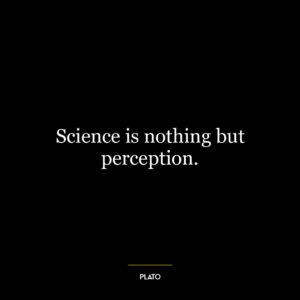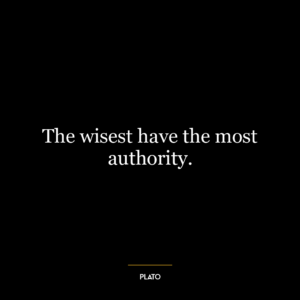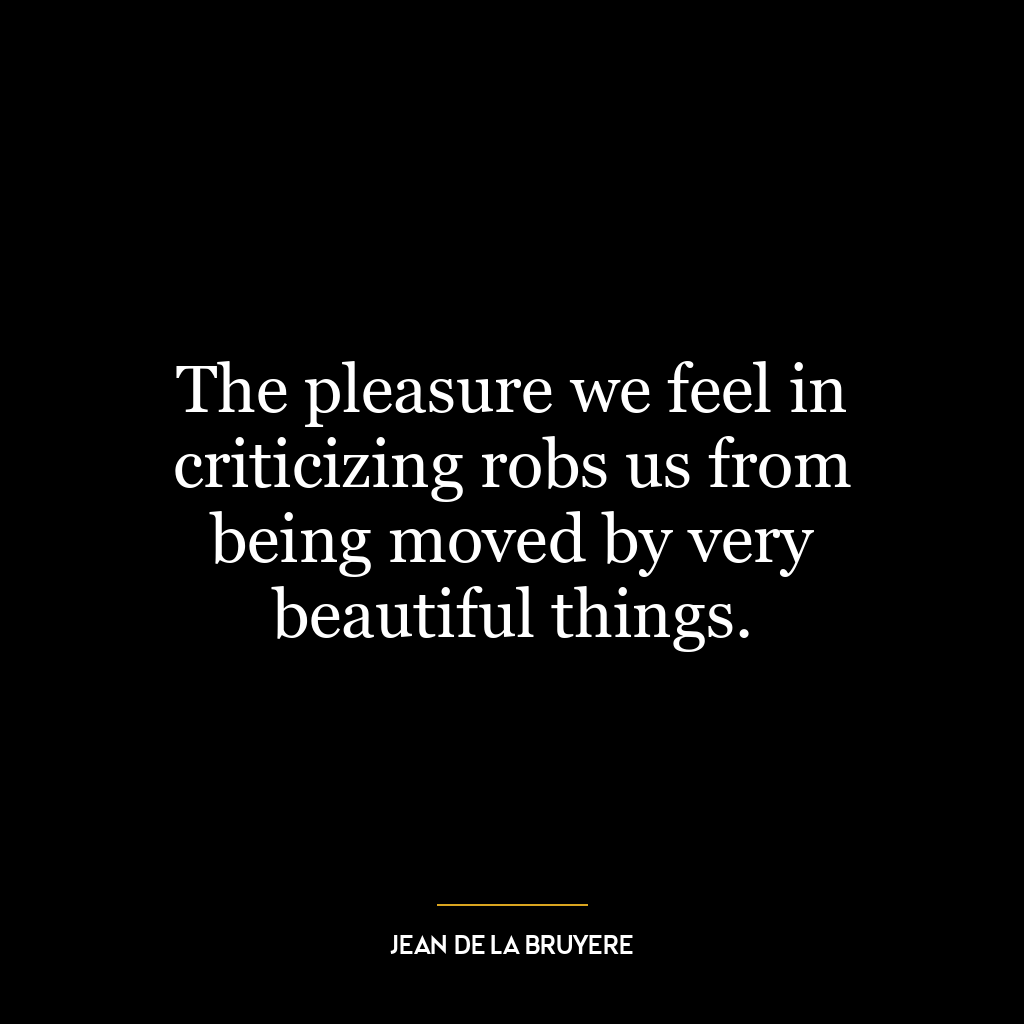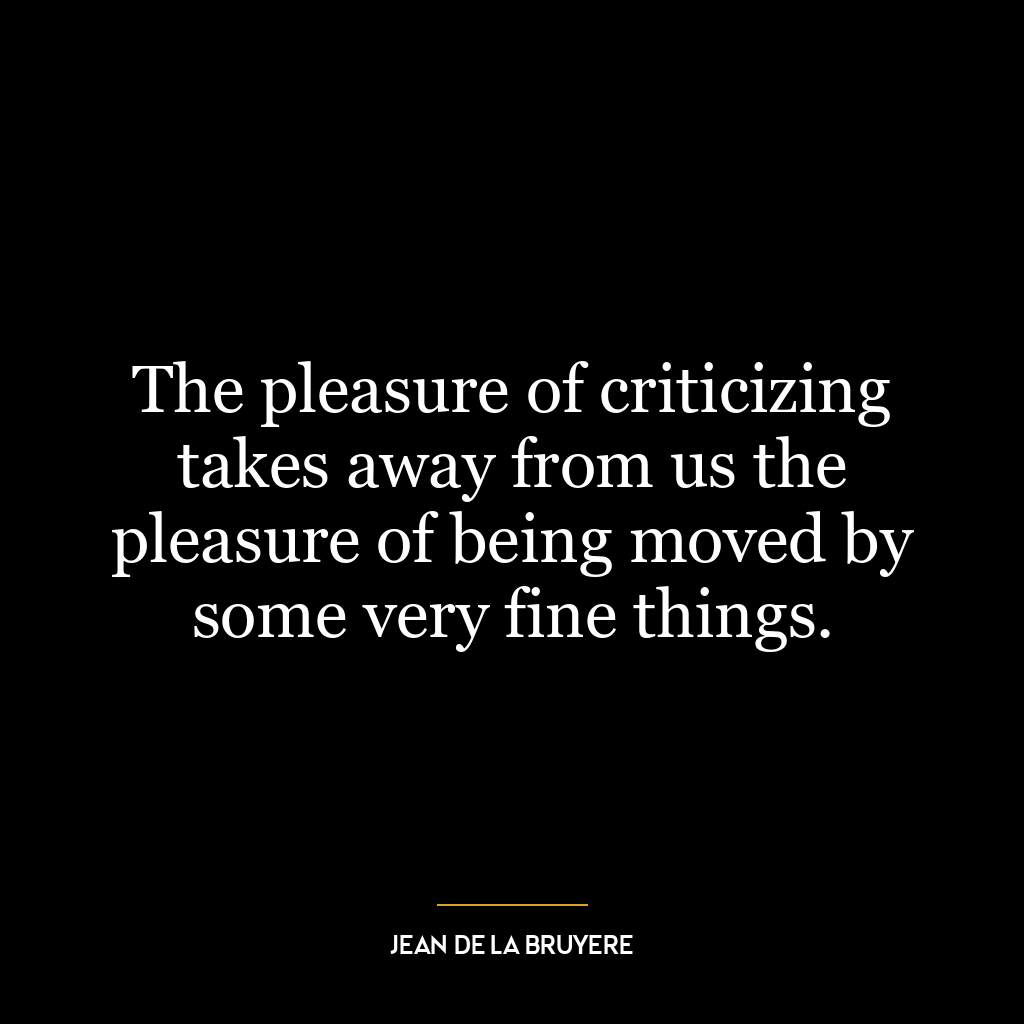Men of sound sense have Law for their god, but men without sense Pleasure.
This quote suggests that people of wisdom and good judgment view Law as their guiding principle or higher power, while those lacking in wisdom or judgment are guided by Pleasure. In essence, Plato is drawing a distinction between those who prioritize moral and societal order, and those who prioritize immediate gratification and personal indulgence.
The term “Law” here can be interpreted as a representation of structure, order, and morality. It signifies a commitment to principles, rules, and standards that keep society functioning smoothly and fairly. “Pleasure”, on the other hand, represents self-indulgence, immediate gratification, and the pursuit of personal desires, often at the expense of long-term goals or societal norms.
Applying this to today’s world, we can see these dynamics play out in various ways. For instance, in the realm of politics, leaders who prioritize the ‘Law’ would focus on policies that promote societal well-being and uphold justice, even if they are not immediately popular. Those who prioritize ‘Pleasure’ might pander to the public’s immediate desires or make decisions that benefit themselves, without considering the long-term consequences.
In personal development, this quote can serve as a reminder to balance immediate gratification with long-term goals and principles. For example, one might be tempted to skip a day of work or exercise for the immediate pleasure of relaxation. However, a person guided by the ‘Law’ would understand the importance of discipline and consistency in achieving long-term success.
In essence, Plato’s quote encourages us to be guided by principles and long-term considerations, rather than immediate pleasures or desires. This doesn’t mean we should completely disregard pleasure, but rather that we should strive for a balance that prioritizes long-term well-being and societal good.













